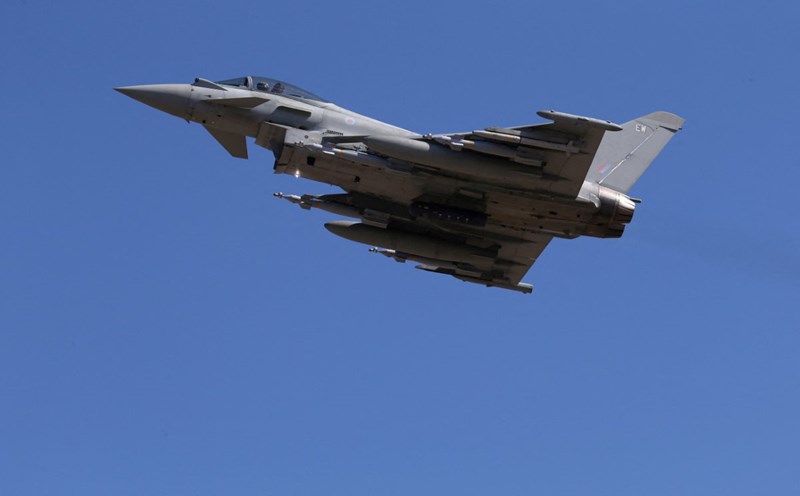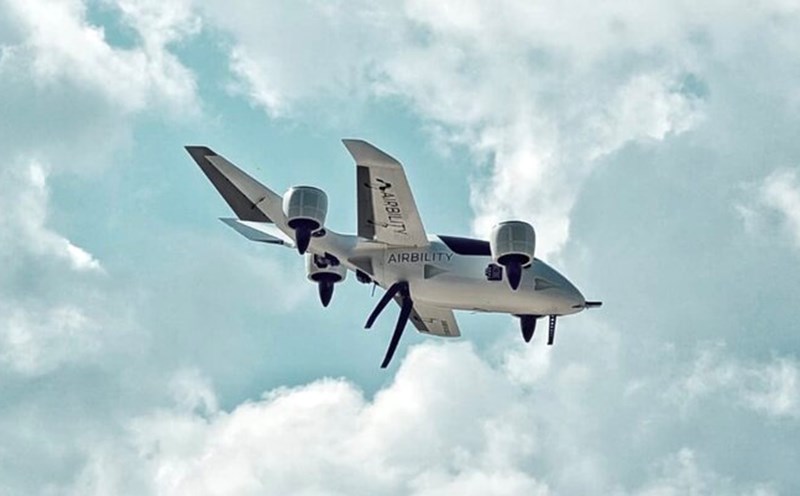In the Alliance message on September 10, European Commission President Ursula von Der Leyen emphasized that Europe needs to listen to the call of the Baltic countries to build a stronghold against drones.
This is not an ambition, but the foundation for a reliable defensive system, she said.
European Defense Minister Andrius Kubilius said he would summon EU defense ministers to discuss the creation of a UAV barrier along the blocs eastern border after several Russian drones were shot down over Poland.
The "Baltic Drone Wall" project is a cooperation initiative between Poland, Finland, Estonia, Latvia and Lithuania to strengthen the eastern defense of the EU and NATO.
At least two of the eight companies involved said that some of the UAV wall technology has been deployed, but it remains to be seen whether other European governments will want to integrate the technology into their defense systems.
The focus of the project is the Eirshield - a multi-layered UAV defense system - jointly developed by DefSecIntel and Origin Robotics ( Latvia).
This system uses radar, cameras, radio frequency sensors, flight direction and danger level of UAVs to decide how to deactivate: Interfer, block signals or use other UAVs to attack.
Agris Kipurs, co-founder and CEO of Origin Robotics, said that Eirshield operates completely autonomously. powered by artificial intelligence (AI), the entire process, from detection to interception of UAVs, is automatic, no humans required to control the flight.
The breastshield is designed to deal with rapid, unmanned aerial targets, can carry warheads and reach speeds of more than 200 km/h.
The breedshield can integrate many different types of UAVs, including models developed by DefSecIntel.
The cost of each use of the breaststroke is tens of thousands of euros, much lower than the millions of euros of traditional air defense systems.
It is known that this system has been deployed in Ukraine, equipped with a third-party gun system to help Ukrainian forces shoot down low-altitude UAVs such as Shahed.
The UAV wall project is attracting attention again, but just last month, the European Commission rejected Estonia and Lithuania's proposal to request 12 million euros for the project.
In Estonia, the government has allocated 12 million euros over the next three years to build a UAV wall, with the participation of domestic defense companies and enterprises from Latvia and Lithuania.
Latvia also signed three research contracts worth €10 million with Origin Robotics and members of the SAF Tehnik and Frankenburg technologies defense cluster to develop anti-UAV solutions.
Lithuanian authorities said the country had received 11 million euros from the EU to buy UAVs, of which 3 million was used for UAVs.








